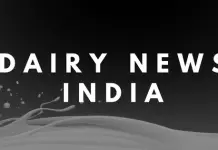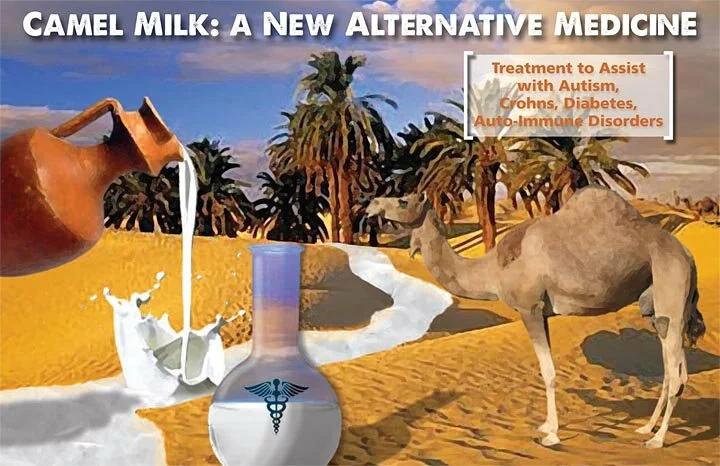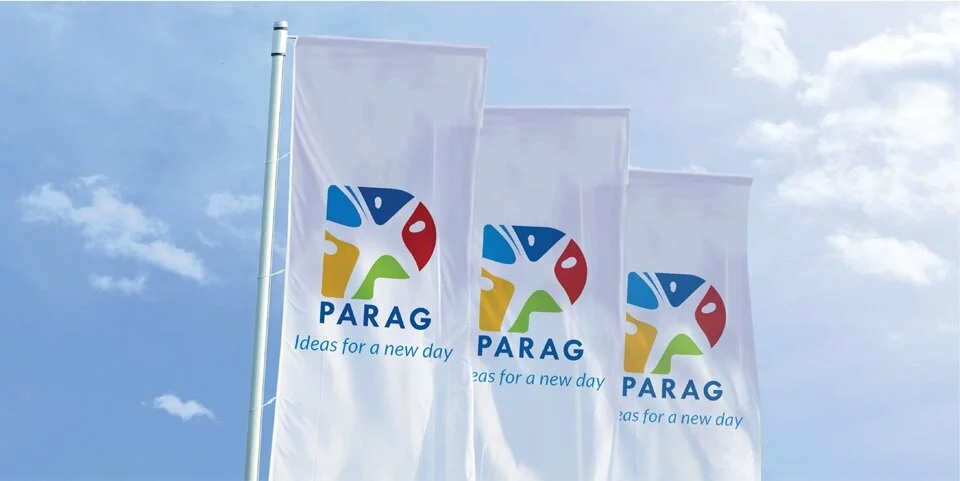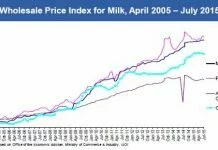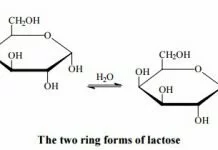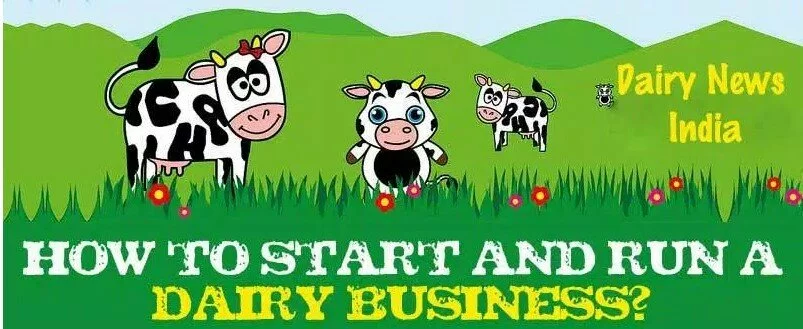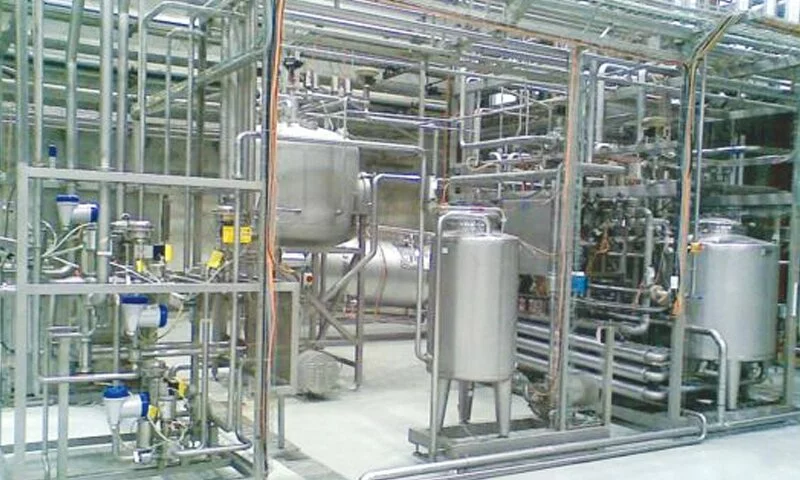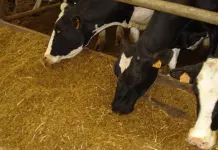Source: indianexpress.com
India is considering giving concessions to Australia on reportedly contentious items including wines and spirits, dairy items and meat products and is likely to fix a threshold for the import of such items under the ongoing free-trade agreement negotiations.
A senior official told The Indian Express that there is a sense of urgency in concluding the talks from both the sides and “there is willingness to yield in sectors where our interests would not be adversely impacted”. “We are considering fixing a threshold for meat, dairy products and wines and spirits. India is not a wine consuming country and therefore largely there is consensus to allow access to wines and spirits above a certain threshold. Currently the discussions are on to fix the limit at 15 euro per bottle of wine,” the official said. Australia is likely to get similar concessions as being considered for the EU, the official added.
As far as dairy products are concerned, “a threshold would be fixed for only high-end cheese and products which would be supplied to luxurious restaurants and hotels. This will not impact the domestic dairy industry”, the official said. The dairy industry, led by Gujarat Co-operative Milk Marketing Federation, has been up in arms against giving any duty concessions to any nation that is dominant in the dairy sector. The GCMMF sells milk under the Amul brand.
With dairy being one of Australia’s leading industries, employing over 1,43,000 people directly and indirectly, Canberra wants greater market access for its dairy products to India. Australia has already indicated its willingness to “respect India’s sensitivities” in a bid to conclude the deal as early as possible.
“According to the proposal, if Australia sells these products above the threshold, there will be concessional tariffs. However, any item below this will attract the existing rates,” the official explained. As such ten rounds of negotiations for comprehensive economic cooperation agreement (CECA) have already taken place between the two nations. Last year, Modi and his former Australian counterpart Tony Abbott had sought an early conclusion of the CECA negotiations, with Abbott saying that it should be done by 2016, a timeline considered ambitious by experts.
In the CECA negotiations, while Canberra wants enhanced access for financial services, pulses, wines, meat and dairy products, New Delhi wants access for professionals, textiles, leather, auto parts, and pharma, among others. Agriculture is another sensitive sector where India is treading cautiously with Australia. Both the sides, however, are focussing on the services sector, which comprise about 75 per cent of the Australia’s economy and about 60 per cent of India’s GDP. While Canberra is looking at engineering, health, education, environment, project management, construction, and financial services, India on the other hand is focussing on IT and ITeS, pharma, and healthcare.
Recently, discussions were held between the two sides on trade in goods, services, investments, legal and institutional matters, dispute settlements, rules of origin and customs procedures.
“All working groups involved have achieved progress. Most of the remaining text is likely to be agreed through inter-sessional work by the groups,” the official said adding that a revised text is being prepared by both sides on services.
Comments
comments



